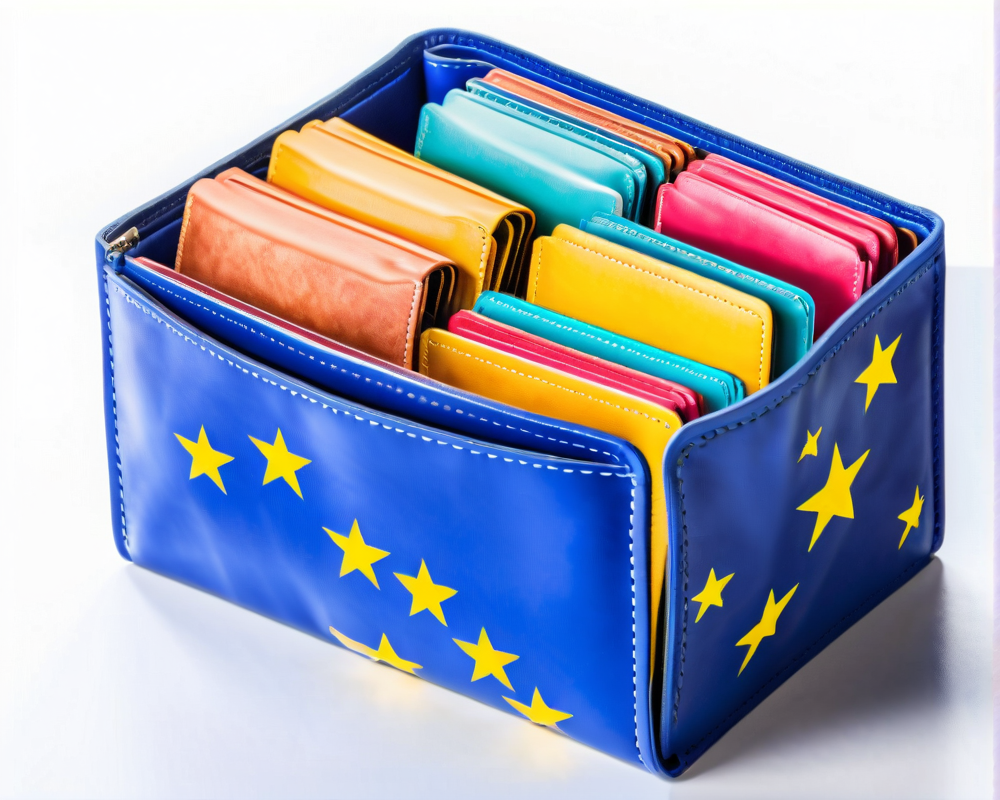What Just Happened?
On March 31, the European Parliament’s ECON and LIBE committees voted on an Anti-Money Laundering (AML) regulatory package aimed at updating the Transfer of Funds Regulation (TFR). This update introduces serious requirements on transactions with non-custodial, or self-custodied, wallets, which could potentially discourage crypto exchange platforms from engaging with these wallets altogether.
The Legal Quagmire of Unhosted Wallets
This new regulation would require crypto service providers to verify the details of the sender or recipient behind every transaction involving an unhosted wallet. Patrick Hansen, a crypto advocate, noted that this could lead many exchanges to refrain from interacting with self-custodied wallets to avoid legal complications. As compliance costs surge, smaller companies might be pushed out, cementing a centralized market dominated by a few players.
- New disclosure requirements for unhosted wallets
- Crypto companies required to report transactions over 1,000 euros
- Increased risk of market centralization
Global Trends in Crypto Regulation
The European Union’s scrutiny of noncustodial wallets is not happening in isolation. Similar sentiments are echoing across the Atlantic, where U.S. regulators are tightening the reins on unhosted wallets. Notably, the Financial Crimes Enforcement Network (FinCEN) proposed rules in 2020 that parallel the EU’s intentions, setting a $10,000 threshold for transactions linked to unhosted wallets, while demanding identification details from customers.
Resistance, Compliance, or a Dash of Both?
As CEO of Netki, Justin Newton, aptly pointed out, the writing has been on the wall for a while. With Biden’s executive order aiming to align U.S. regulations with global standards, the EU’s approach regarding unhosted wallets will likely spur U.S. companies to adopt stringent KYC compliance measures sooner rather than later. As Newton noted, the real threat to privacy is less about who knows who you are and more about the unnerving transparency on the blockchain.
Future-Proofing Your Crypto Compliance
While the updated regulations may sound ominous, they don’t have to signal doom for the crypto industry. By employing advanced compliance solutions, exchanges can facilitate the integration of unhosted wallets without sacrificing financial freedom. Newton emphasized the need for platforms to be prepared for new rules while prioritizing privacy. The growth of technologies like Lightning is a promising step towards achieving this balance.
However, beneath the optimistic surface, there are challenges. Smaller players may struggle to keep pace with compliance demands, which could compromise financial inclusivity, especially for underbanked communities relying on unhosted wallets.




